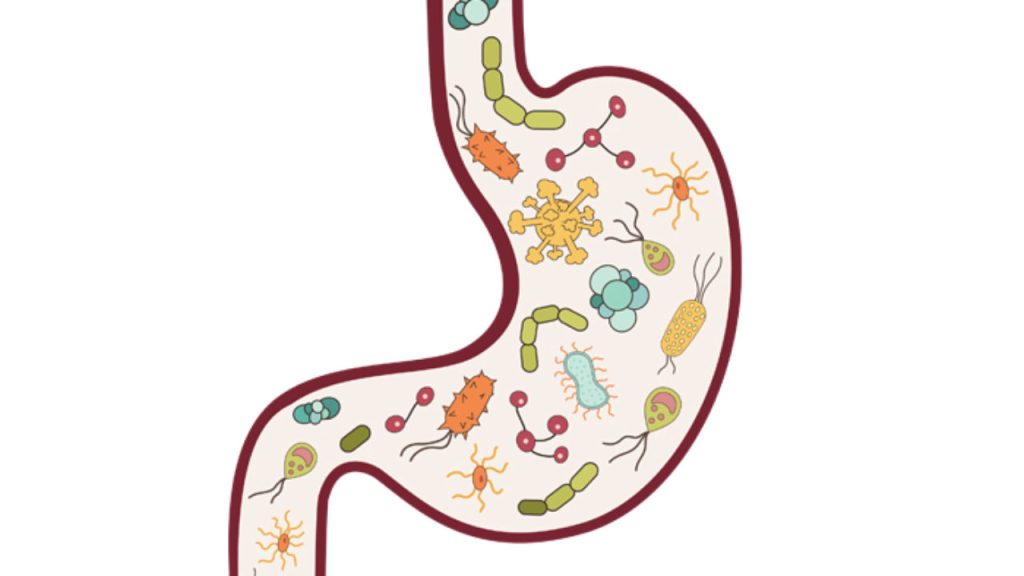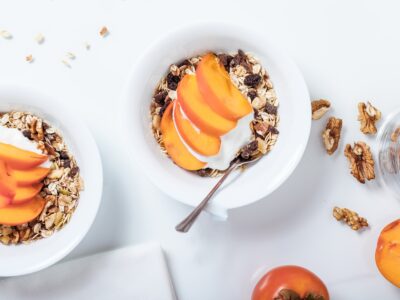Did you know that there are trillions of beneficial bacteria that live in our guts? And while that sounds like a large number, each and every one of them are vital for keeping your digestion, immune function and overall wellbeing in sound condition! That’s why taking control of your gut health can go a long way when it comes to optimising your overall health. An easy way to naturally boost the beneficial bacteria in your gut is through focusing on what you’re feeding your gut. Here are a few nutritionist-approved tips to help you on your way to a happier, healthier gut!
- Eat more fibre– Our gut bacteria love to feast on fibre! That’s a good thing because fibre-rich diets have been linked with a higher and more diverse gut microflora- great news for the gut! So a good gut diet requires plenty of dietary fibre and to help boost your fibre intake, opt for fibre rich foods such as beans, asparagus, pears, bananas, carrots and leeks- lots of plants! Most people tend to eat less fibre than they should, as a general rule, aim to eat at least 30g of fibre each day.
- Don’t forget your probiotics– Probiotics are live microorganisms (the good kind of bacteria) which are considered to support a healthy gut microbiome. They are also great for fighting off bad bacteria when you have too much of it! You can increase the number of probiotics in your body by consuming fermented vegetables like kimchi and sauerkraut, miso, tempeh, kombucha, kefir and yoghurt with live cultures.
- Eat the right kind of fats– When a diet consists of too much saturated and trans fats (the fats found in meat, dairy and processed foods), it appears to boost levels of unhealthy gut bacteria and also increases the risk of inflammation in the gut. This inflammation can negatively impact digestion leading to unfavourable shifts in bacterial populations. So it’s definitely best to limit your intake of these kinds of fats! However, when you eat more omega 3 fatty acids (a healthy kind of fat found in avocados, chia seeds, walnuts and flaxseeds), these omegas are known to support the growth of good bacteria in the gut and fight inflammation- great news for the gut!
- Increase your intake of polyphenols– Polyphenols are naturally occurring nutrients that are naturally found in plant-based foods such as strawberries, raspberries, dark chocolate, spinach, blueberries, pomegranates, herbs, spices, green tea and even wine! Polyphenols are known to promote the growth of beneficial gut bacteria, and some recent studies even suggest that polyphenols can decrease levels of pathogenic bacteria (the type of bacteria that can cause disease).
- Reduce stress– Stress has been found to alter the numbers and the diversity of bacteria in the gut and so impacts its proper functioning. Many people even experience an upset stomach during times of stress! Fortunately, there are many ways you can manage your stress for a happier gut and a great starting point is getting more sleep (at least 8 hours), try meditation/deep breathing exercises and keeping active.
Riya Lakhani, Nutrition Writer – Foodfit HQ





